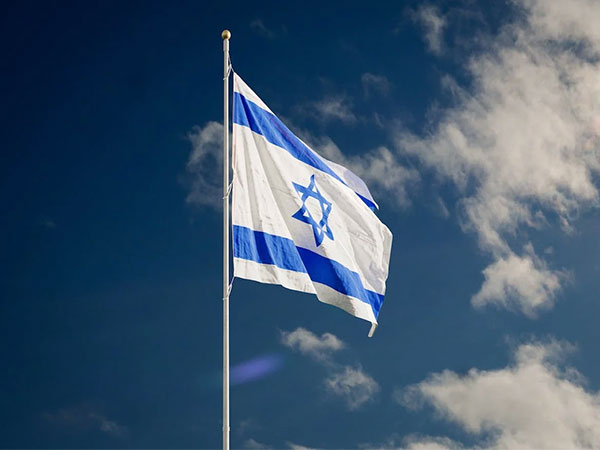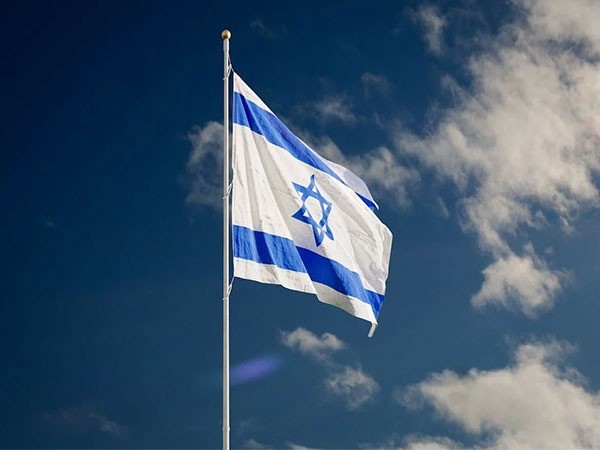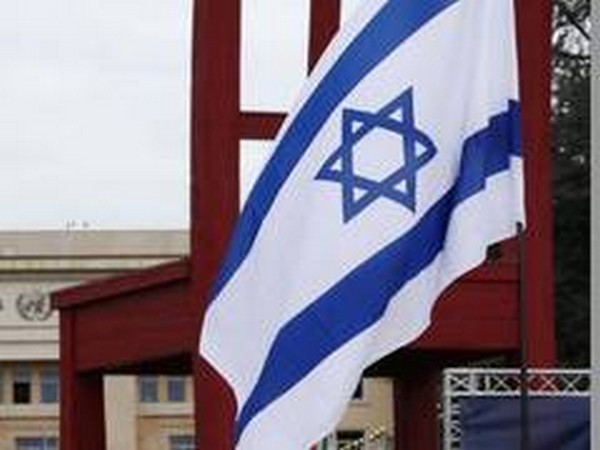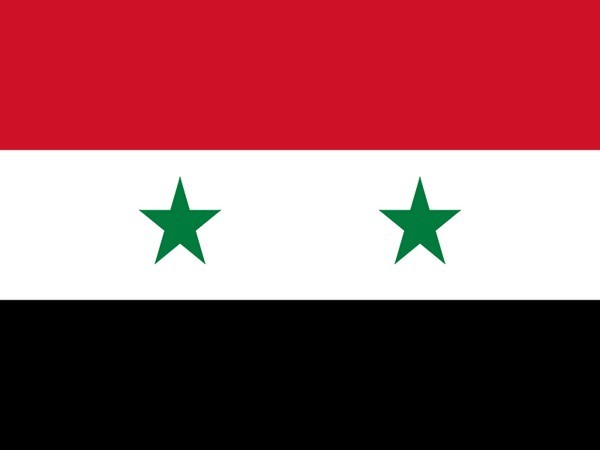Risk of Israel landing in Rafah
Feb 27, 2024

Tel Aviv [Israel], February 27: The Israeli army proposed a plan to evacuate Palestinian civilians from "combat areas" in Gaza, a sign that paved the way for the Rafah City landing operation in the south of this territory.
Israeli Prime Minister Benjamin Netanyahu announced on February 25 that Israeli infantry will advance into Rafah City regardless of the results of ongoing international negotiation efforts to achieve a ceasefire and exchange of hostages in Gaza.
Signal of concern
In a new development, the Israeli Prime Minister's Office said on February 26 that the country's army had "submitted to the Wartime Cabinet a plan to evacuate Palestinian civilians from combat areas in the Gaza Strip, and an action plan." next", according to AFP. The office did not provide any details about possible measures, or where the Palestinian refugees would be sent.
More than 1.4 million Palestinians, most of whom fled from other places, are gathering in Rafah, the last city in Gaza that has not yet seen Israeli ground troops. This is also the reception point for medical and humanitarian aid for the entire Gaza area, through the border with Egypt. Foreign governments and aid organizations have continuously expressed concern that Israel's landing of Rafah could cause widespread casualties among civilians here.
The announcement from Israel came after Egyptian, Qatari and US delegations witnessed representatives of Israel and Hamas sitting at the negotiating table in Doha in the latest attempt to reach a ceasefire before the war. The Muslim month of Ramadan begins on March 11.
According to Reuters, Israel's ally, the United States, said that efforts to mediate negotiations had created "understanding" leading to the possibility of a ceasefire and the release of hostages. However, Hamas sources confirmed that this force wants Israel to withdraw its troops. Meanwhile, Prime Minister Netanyahu said sending infantry into Rafah would bring "complete victory" to Israel against Hamas.
"If we have a ceasefire agreement, the landing plan will be postponed, but (eventually) will still take place," Mr. Netanyahu said in an interview with CBS Radio on February 25. "The plan must be implemented because we aim for 'total victory', and that goal is within reach, not in months but in weeks, when the campaign is launched," the leader said. Israeli religion emphasized.
Risk of widespread conflict
According to Israeli data, Hamas gunmen held about 250 Israeli and foreign hostages. 130 of these remain in Gaza, including 31 who are feared dead. Al Jazeera quoted well-informed sources as saying that the sides are considering the possibility of a six-week ceasefire, initially exchanging hostages that are women, minors and sick hostages in exchange for several hundred Palestinian prisoners. is being held by Israel. The intermediaries expressed hope that a ceasefire and hostage exchange could be achieved before entering the month of Ramadan .
Previously, Prime Minister Netanyahu warned that he would send troops into Rafah City if Hamas did not return the hostages, and that the operation would be conducted during the month of Ramadan if necessary. Regarding Israel's above plan, Jordan's King Abdullah II warned that fighting during the Muslim holy month "will increase the risk of widespread conflict," according to the official statement of the Jordanian Royal Family.
Yesterday, Palestinian Prime Minister Mohammed Shtayyeh said he had submitted his cabinet's resignation to President Mahmoud Abbas. AFP quoted Mr. Shtayyeh as adding that this decision was made following developments related to the conflict in Gaza and the escalation of violence in the West Bank and Jerusalem .
The dissolution of the Palestinian government took place in the context of increased US pressure and forced President Abbas to reform the Palestinian government, and move to building a new political structure to lead Gaza after the conflict ended.
Source: Thanh Nien Newspaper









